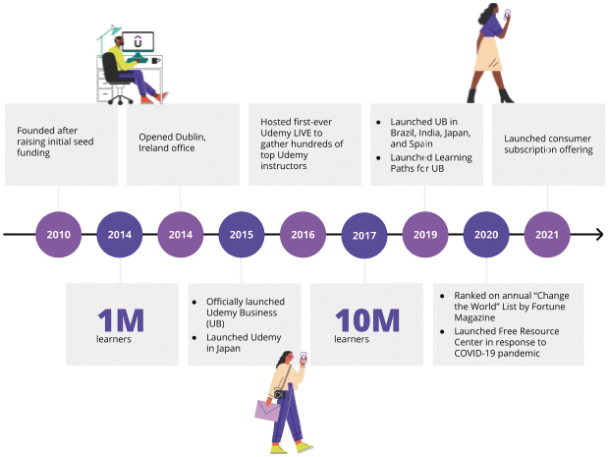We are from time to time involved in claims, lawsuits, government investigations, and other proceedings that could adversely affect our business, financial condition, and results of operations.
We are involved in litigation matters from time to time, such as matters incidental to the ordinary course of our business, including intellectual property, commercial, employment, class action, whistleblower, accessibility, and other litigation and claims, and governmental and other regulatory investigations and proceedings. Such matters can be time-consuming, divert management’s attention and resources, cause us to incur significant expenses or liability, or require us to change our business practices. In addition, the expense of litigation and the timing of these expenses from period to period are difficult to estimate, subject to change, and could adversely affect our financial condition and results of operations. Because of the potential risks, expenses, and uncertainties of litigation, we may, from time to time, settle disputes, even where we have meritorious claims or defenses, by agreeing to settlement agreements. Any of the foregoing could adversely affect our business, financial condition, and results of operations.
Increased scrutiny and changing expectations from investors, customers, employees, and others regarding our environmental, social and governance practices and reporting could cause us to incur additional costs, devote additional resources and expose us to additional risks, which could adversely impact our reputation, customer acquisition and retention, access to capital and employee retention.
Companies across all industries are facing increasing scrutiny related to their environmental, social and governance, or ESG, practices and reporting. Investors, customers, employees and other stakeholders have focused increasingly on ESG practices and placed increasing importance on the implications and social cost of their investments, purchases and other interactions with companies. For example, many investment funds focus on positive ESG business practices and sustainability scores when making investments and may consider a company’s ESG or sustainability scores as a reputational or other factor in making an investment decision. In addition, investors, particularly institutional investors, use these scores to benchmark companies against their peers and if a company is perceived as lagging, these investors may engage with such company to improve ESG disclosure or performance and may also make voting decisions on this basis. With this increased focus and demand, public reporting regarding ESG practices is becoming more broadly expected. If our ESG practices and reporting do not meet investor, customer, or employee expectations, which continue to evolve, our brand, reputation, and learner and UB customer retention may be negatively impacted. Any disclosure we make may include our policies and practices on a variety of ESG matters, including corporate governance, environmental compliance, employee health and safety practices, human capital management, and workforce inclusion and diversity. It is possible that stakeholders may not be satisfied with our ESG reporting, our ESG practices or our speed of adoption. We could also incur additional costs and devote additional resources to monitor, report and implement various ESG practices. If we fail, or are perceived to be failing, to meet the standards included in any sustainability disclosure or the expectations of our various stakeholders, it could negatively impact our reputation, UB customer and learner acquisition and retention, access to capital and employee retention.
Risks related to technology, privacy, and cybersecurity
Changes in laws or regulations relating to privacy, data protection, or cybersecurity, including those relating to the protection or transfer of data relating to individuals, or any actual or perceived failure by us to comply with such laws and regulations or any other obligations could adversely affect our business.
We receive, transmit, and store personally identifiable information and other data relating to our learners, instructors, and other individuals, such as our employees. Numerous local, municipal, state, federal, and international laws and regulations address privacy, data protection, cybersecurity, and the collection, storing, sharing, use, disclosure, and protection of certain types of data, including the California Online Privacy Protection Act, the Personal Information Protection and Electronic Documents Act, the Controlling the Assault of Non-Solicited Pornography and Marketing Act, Canada’s Anti-Spam Legislation, the E.U. General Data Protection
28




